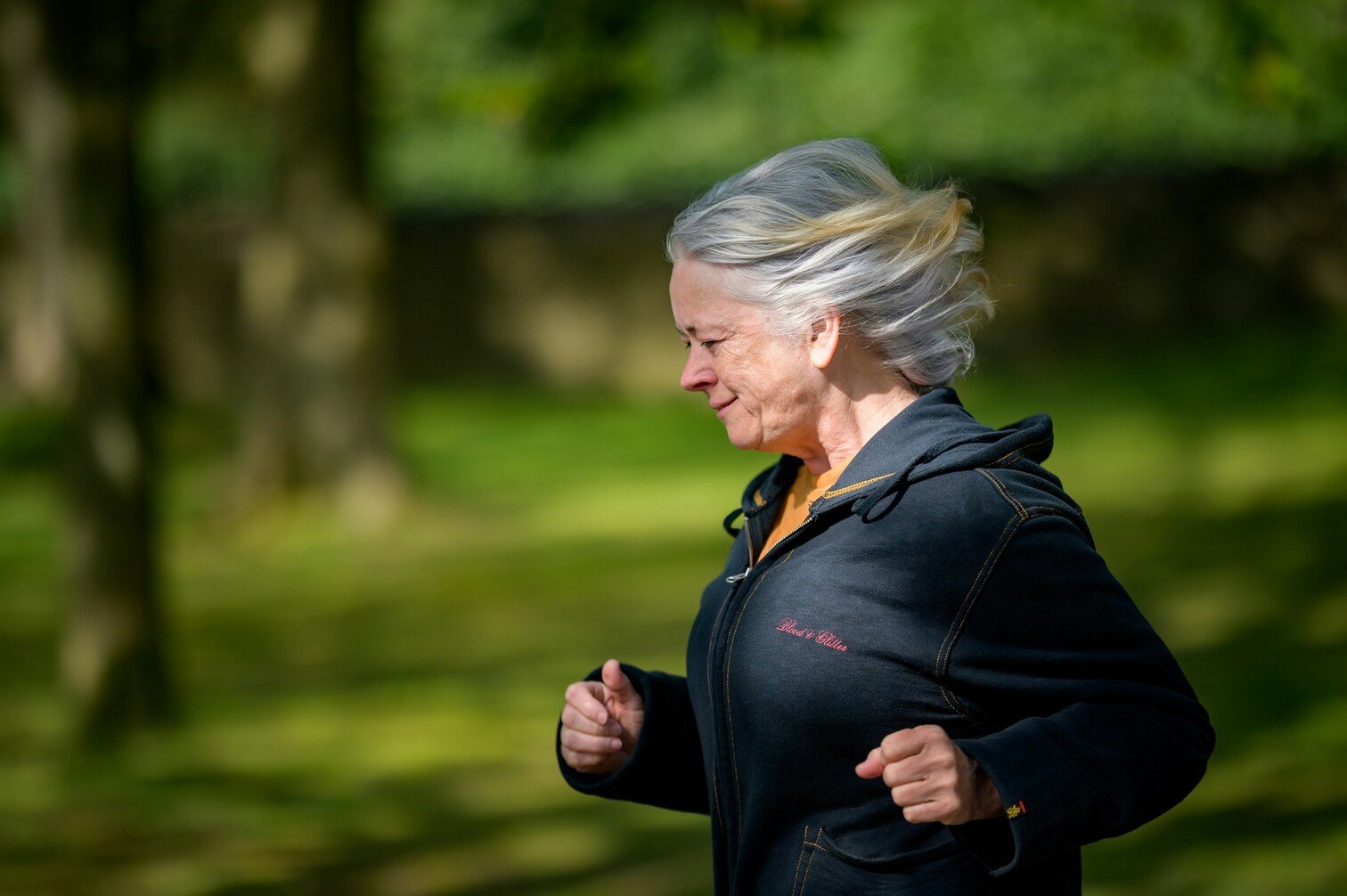Today, people live beyond 80 years, thanks to advances in medicine and quality of life. But the challenge is to ensure that these extra years are lived with health, autonomy, and purpose—not just with more time. The idea is that by slowing biological aging and promoting healthy longevity, we can generate economic, social, and personal benefits, making life more productive and less costly.
The current scientific approach to aging is changing how we deal with this stage of life. Instead of focusing solely on combating specific diseases—such as cancer or Alzheimer’s—researchers are studying the biological processes behind various diseases. The goal is to slow the overall deterioration of the body, which can help reduce many conditions that affect quality of life in old age. These advances are paving the way for future interventions that may promote preventive medicine, allowing people to age with greater health and autonomy—and live longer in a more active, creative, and fulfilled way.
Justice, equity, and political will
The promise of a longer and healthier life depends not only on scientific advances; it requires a political and ethical strategy. To ensure that the benefits of longevity are accessible to all, it is essential to invest in research, public prevention policies, and a cultural shift to combat prejudice against aging and ageism.
One of the greatest challenges is inequality: today, people with fewer resources live shorter lives than those who are more privileged, which can deepen social disparities. Therefore, to talk about longevity is also to talk about justice, equity, and the collective will to build a fairer future.
Redesigning the social contract
To make the most of increased longevity, we need to rethink our social structures of work and protection, and build a new cultural narrative around aging. This includes questioning whether mandatory retirement at 66 still makes sense. It also means raising other questions: How should lifelong learning be organized? How should flexible work be structured? What about social participation?
Longevity should promote a fairer, more sustainable, and more supportive life, in which well-being is distributed throughout the entire life span—not just at a specific stage. Furthermore, it is essential to break negative stereotypes about aging by recognising the diversity, experience, and contributions of older people to society.
Seizing the opportunity of longevity is a collective endeavour that requires planning, action, and forward-thinking. If done right, it can represent a positive revolution of the 21st century.
Redesigning the social contract implies an intergenerational perspective that allows us to build more supportive lives, where society reinvents itself to shape lives in which well-being is not limited to a single phase of life.
A new perspective on longevity
There is still time to build a future in which longevity is a benefit for all—achieved through effort, ethics, and political will.
In addition to policies, a new cultural narrative around older adults is essential—one that leaves no room for outdated stereotypes that associate old age with dependence, poverty, and illness.
Old age is as plural as any other stage of life. Society must make room and give voice to the “new” elders, who represent a tremendous asset and wealth for society.



